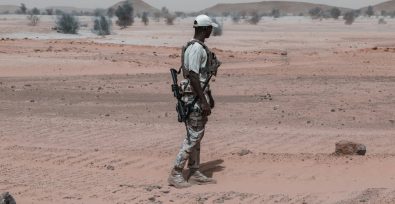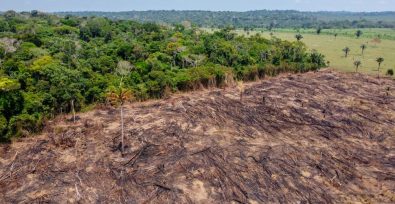Since conflict broke out in Sudan in April 2023, it has displaced over 3.5 million people, with nearly 35% fleeing to Egypt in search of safety. But the journey is anything but safe. Refugees endure violence and extortion along the way, only to face strict visa requirements at Egypt’s border that delay entry and separate families. An article by the London School of Economics exposes these dangers and the obstacles refugees face as they try to reach safety.
Unsafe journey, unsafe destination
The journey from Sudan to Egypt is treacherous. Armed groups abuse and exploit refugees along the way. Many turn to smugglers, who demand exorbitant fees and often abandon them in the desert or place them in even more dangerous situations. Tightened borders and strict visa requirements tear families apart, leaving many with no choice but to cross illegally—putting them at even greater risk of exploitation. Women and girls face heightened threats of gender-based violence, while many boys endure detention or physical abuse.
Life doesn’t get easier once refugees reach Egypt. The economic crisis in the country, marked by high inflation and unemployment, has made daily survival nearly impossible. The government denies many Sudanese refugees work visas, forcing them into low-paying and high-risk informal jobs. The article underscores the heightened risk for women:
“Women and girls are at particular risk of gender-based violence, including forced marriages and sexual exploitation. Seasonal marriages, where women are married off for short periods in exchange for money, have become increasingly common. These arrangements, often involving underage girls, are not legally recognized and offer no protection to the women involved.”
Some children have been pulled out of school to help their families earn income. These children often end up in unsafe working conditions or on the streets, exposing them to abuse and trafficking.
Refugees’ vulnerabilities have paved the way for extreme exploitation, including forced labor and trafficking, particularly in the mining and domestic work sectors. Reports have also noted an increase in organ trafficking.
A system under strain
Organizations trying to support Sudanese refugees face enormous obstacles. Many are underfunded, legally restricted, or overwhelmed by the scale of need. The recent pause on USAID funding has only made matters worse. The article also highlights the lack of institutional support:
“Stigma and discrimination further complicate efforts to assist refugees. Many refugees are reluctant to report violations due to fear of retaliation or mistrust of authorities. The police are often seen as unsympathetic, and the process of filing a complaint can be stigmatizing and discriminatory. This leaves many refugees without access to justice, even when they are exploited by landlords, employers, or traffickers.”
The article concludes by emphasizing the need to meet the growing needs of Sudanese refugees. Service providers on the ground are calling for stronger coordination, better systems to identify and support trafficking survivors, and increased capacity to respond effectively.
Investing in refugee-led initiatives and building stronger partnerships among local and international actors will ensure that survivors are not left behind. Join the movement—sign the petition calling for genuine anti-trafficking immigration policies and safer migration routes for everyone.







Freedom United is interested in hearing from our community and welcomes relevant, informed comments, advice, and insights that advance the conversation around our campaigns and advocacy. We value inclusivity and respect within our community. To be approved, your comments should be civil.